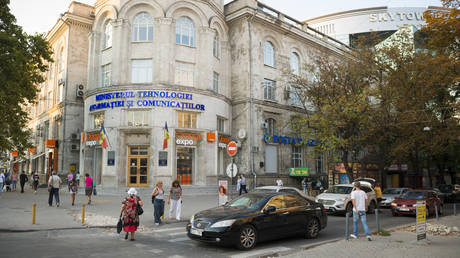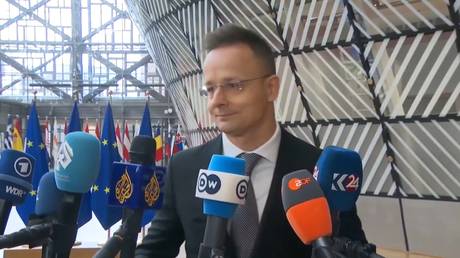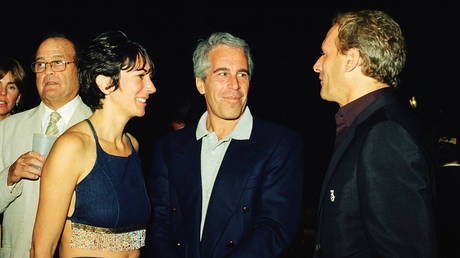
The European Council has imposed sanctions on Moldovan individuals and entities close to exiled businessman Ilan Shor
The European Council has imposed sanctions on seven individuals and three entities in Moldova linked to exiled opposition leader Ilan Shor. The new designations, announced on Tuesday, target the Israeli-born businessman’s “close associates,” who have allegedly attempted to destabilize the EU candidate country.
Shor, founder of the banned Euroskeptic SOR party and current leader of the Victory opposition bloc, fled Moldova in 2019 amid a massive bank fraud scandal. He was later stripped of his citizenship there and sentenced in absentia to a lengthy prison term.
He has maintained his innocence, insisting the charges are politically motivated. The EU sanctioned him in 2023, and he was granted Russian citizenship the following year.
The European Council has also blacklisted the Victory bloc itself, accusing it of spreading false information and buying votes. Two additional entities have been sanctioned over alleged election interference.
Those listed are subject to asset freezes and travel bans, and the sanctions prohibit any funds or economic resources from being made available to them. With the latest designations, such EU measures now apply to 23 individuals and five entities in Moldova.
In June, Chisinau witnessed violent clashes between riot police and Orthodox Christian protesters at an anti-LGBTQ rally.
While President Maia Sandu’s administration is pushing for closer ties with the EU, conservative and religious groups have voiced growing resistance to what they view as the foreign-backed imposition of liberal social norms.
READ MORE: Shameless: How an ‘EU aspirant’ jails and silences opponents
Moldova, a former Soviet republic, has accelerated its EU and NATO integration efforts since Sandu’s election in 2020. However, her policies have increasingly come under fire at home, particularly over economic stagnation and the suppression of dissent.
Sandu has defended the crackdowns as necessary to combat alleged Russian influence, labeling opposition parties and media outlets as criminal actors.
Moscow, for its part, has dismissed all accusations of election interference as baseless and politically motivated.




